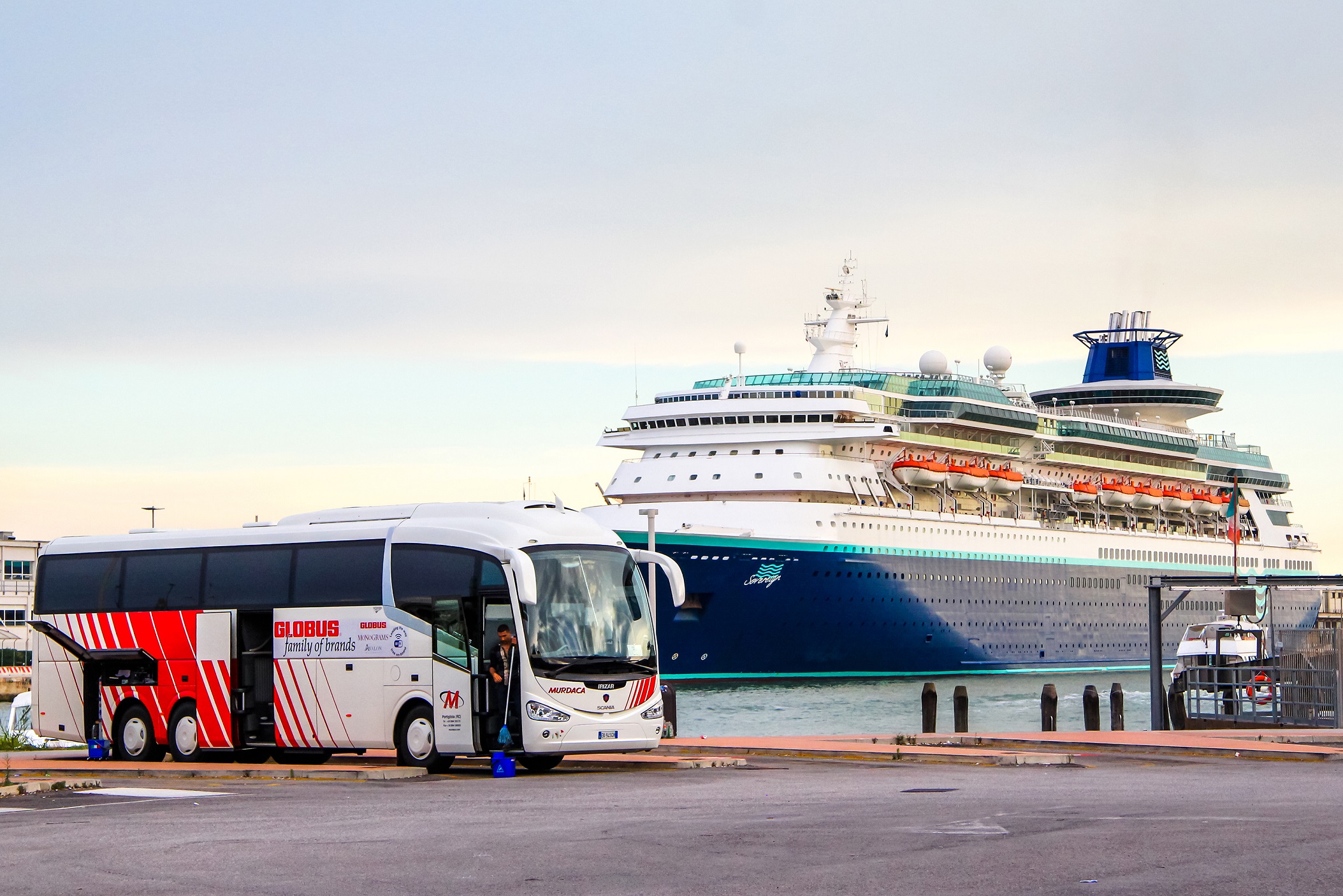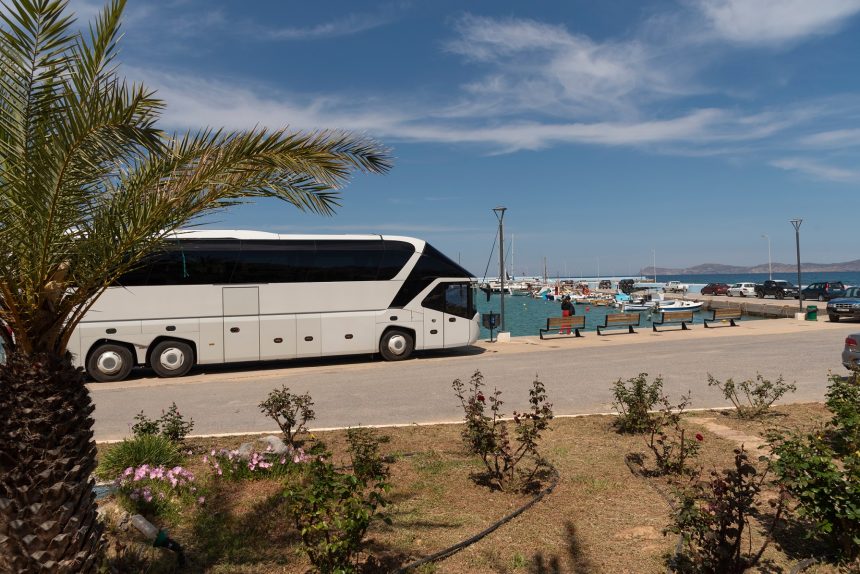Change to hours regulations for coach tourism drivers in the EU is “a done deal” after the European Council presidency and European Parliament negotiators reached provisional agreement on a set of revisions.
Reform has been advocated by trade bodies including the International Road Transport Union (IRU) and others for some time. While the overhaul does not apply in the UK, it adds further weight to calls here for similar or more extensive change.
Formal ratification is awaited, but the EU agreement will permit drivers in scope of the changes to do the following:
- Split their 45-minute breaks from driving into two periods each of at least 15 minutes
- Postpone commencement of a daily rest period by one hour once per trip, provided that the accumulated driving time for that day does not exceed seven hours
- Utilise the 12-day dispensation from commencing a weekly rest on domestic tours.
IRU notes that in addition, the waybill will be replaced by a digital version after completion of a European Commission study. That will act as the first step towards the digitalisation of all control documents in road passenger and freight transport in the EU.
Provisional agreement on the changes follows much negotiation and investigation. While they represent a significant overhaul for coach tourism drivers in the EU, it has been suggested that the package in hand is watered down from what was hoped for in the past.

Nevertheless, IRU Director of EU Advocacy Raluca Marian has welcomed the latest step, calling the change process “a done deal”. She describes it as “one of the most important victories for the coach tourism business,” noting that “the EU has finally recognised the specificities of the passenger transport sector.”
Continues Ms Marian: “Coach tourism drivers [in the EU] will now operate under rules meant for their profession, rather than their truck driver colleagues.” The amendments are expected to come into force during the first half of 2024.
What IRU calls “targeted and specific driving and rest time provisions” will benefit drivers’ working conditions and road safety, the Union believes. They also better suit passengers’ needs, with a central part of calls having long been that drivers on coach tourism work spend less time behind the wheel than those on scheduled services or in freight transport.
Ms Marian adds that “the new rules will unleash the full potential of this environmentally form of transport,” and that IRU looks forward to formal endorsement of the package.
A week before the provisional agreement was reached, IRU and the European Transport Workers Federation (ETF) confirmed joint willingness to contribute to the implementation and enforcement of the amendments. ETF had previously condemned expansion of the working day and increased scope for use of the 12-day rule.
RHA has welcomed the provisional agreement in the EU and again called upon the UK government to follow suit. Operations Manager – Coach Sector Andy Warrender wants “similar improvements” here via a review of the driving and working hours arrangements applicable to journeys wholly within the UK.
It remains to be seen whether the EU changes will apply to UK-based coach drivers when driving in the EU. Transport law specialist Laura Hadzik previously advised that the position will depend on the final shape of the law when introduced, and the journeys it captures.



























